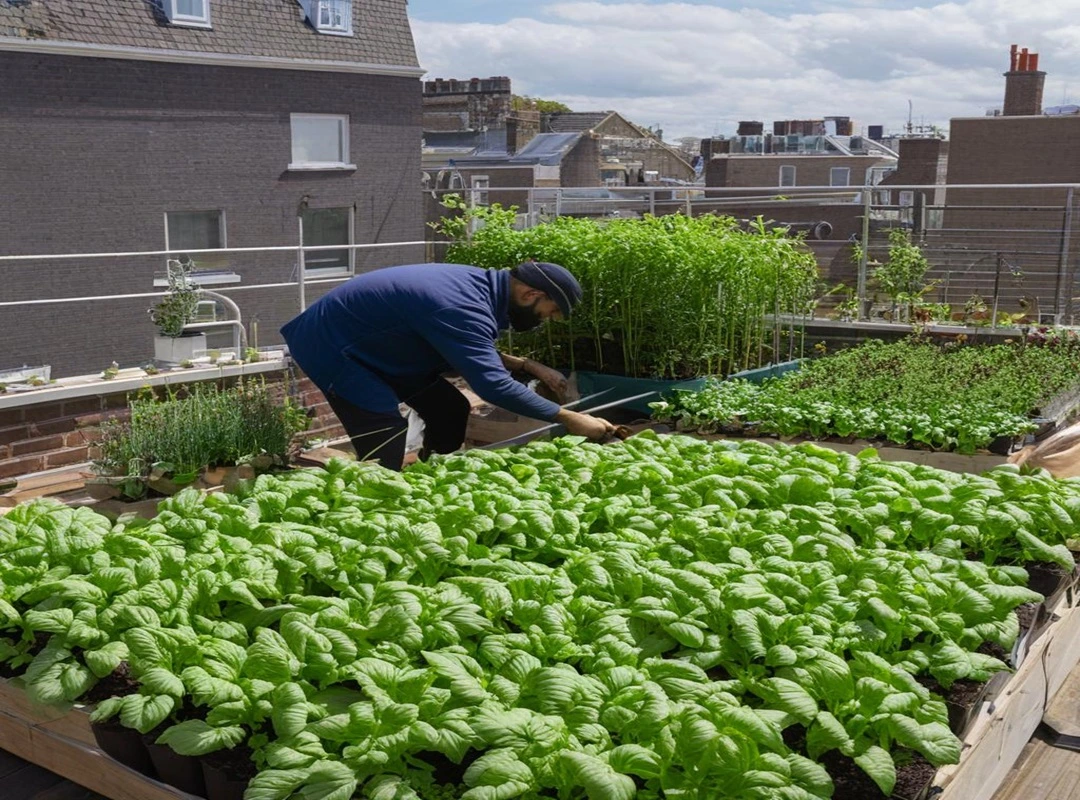The concept of growing your own food may bring to mind images of sprawling rural farms, but a growing movement of city dwellers is challenging this notion by bringing agriculture to the urban landscape. From rooftop gardens to backyard chicken coops, urban farming is taking off as people seek greater control over their food sources and a deeper connection to the natural world.
In cities across the globe, once-vacant lots and underutilized spaces are being transformed into vibrant oases of green, producing everything from fresh produce to honey. This trend is not only enhancing food security and sustainability in urban areas but also building community and improving the health and well-being of city residents.
For many, the appeal of urban farming lies in the ability to know exactly where their food comes from and how it is produced. Local food systems shorten the distance from farm to fork, reducing the environmental impact of food transportation and ensuring fresher, more nutritious produce.
The benefits of urban farming extend beyond the individual, with the potential to positively impact entire cities. Urban agriculture can help mitigate the heat island effect, reduce stormwater runoff, and improve air quality. It also contributes to a more resilient food system, providing a local source of fresh produce that is less susceptible to disruptions in the global supply chain.
Of course, urban farming comes with its own set of challenges. Space is often limited, and access to sunlight and water can be restricted. Many city dwellers also face the challenge of finding time to tend to their gardens and farms amidst the busyness of urban life.
Despite these obstacles, the urban farming movement continues to flourish. Driven by a desire for more sustainable and secure food sources, city residents are getting creative, utilizing vertical gardening, hydroponics, and other innovative techniques to transform even the smallest spaces into productive oases.
So, whether it’s a handful of herbs on a windowsill or a full-blown rooftop farm, urban farming is taking root in cities worldwide, cultivating not just fresh produce but also a sense of community and connection to the natural world.
As the movement grows, the future of our cities looks a little greener, with the promise of fresh, locally grown produce just around the corner.


